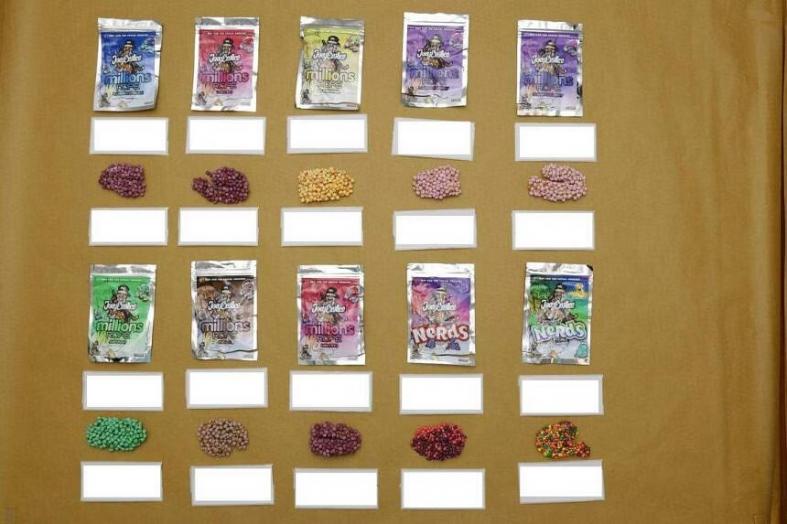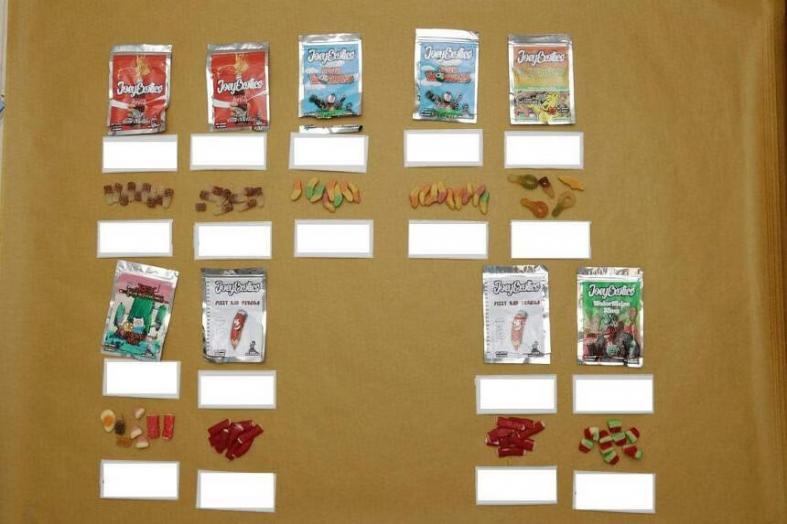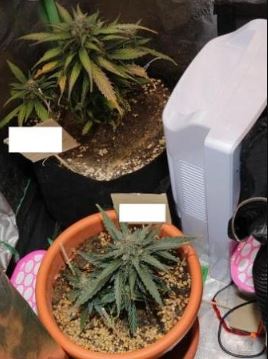In a groundbreaking case, a 32-year-old Singaporean, Muhammad Dzulhilmi Salimi, has been sentenced to jail and caning for the importation of cannabis-laced gummies and candies, according to The Straits Times.
This marks Singapore’s first conviction involving the importation of cannabis edibles, shedding light on the legal consequences of such activities in the city-state.
ICharges and Guilty Plea
Muhammad Dzulhilmi Salimi pleaded guilty on December 18 to charges of importing a controlled drug, consuming drugs, and possessing utensils intended for drug consumption.
Additionally, he faced charges related to growing three cannabis plants in his Housing Board flat at Bedok Reservoir Road, which was considered during sentencing.
The Modus Operandi
Dzulhilmi purchased the cannabis edibles by communicating with an individual known only as “Nabil” through the mobile application Telegram. Nabil, residing in the United Kingdom, specialized in selling cannabis and sweets containing tetrahydrocannabinol (THC), a psychoactive substance found in cannabis.
Before October 19, 2022, Dzulhilmi ordered 20 packets of sweets from Nabil, paying £200 (S$337) in Bitcoin through a friend. In an attempt to minimize suspicion, he instructed Nabil to repack 19 packets, but Nabil deemed it unnecessary. The parcel, containing the cannabis-laced sweets, was shipped to Dzulhilmi’s residence.
Interception and Arrest
The parcel was intercepted by an Immigration and Checkpoints Authority officer at a SingPost Centre in Eunos on October 19, 2022. Upon detecting anomalies in the X-ray images, the parcel was seized and handed to the Central Narcotics Bureau (CNB). Simultaneously, Dzulhilmi was arrested at his residence, where CNB officers discovered cannabis plants, loose cannabis, and drug paraphernalia.
Muhammad Dzulhilmi Salimi was sentenced to five years and four months’ imprisonment and given five strokes of the cane. The prosecution sought an uplift from the mandatory minimum sentence, emphasizing Dzulhilmi’s intention not only to import the drugs for personal use but also to sell them to friends.



VI. Mitigation and Legal Reminders
In mitigation, Dzulhilmi’s defense lawyer highlighted that this was his client’s first offense, underscoring his cooperation during investigations and the early guilty plea. The CNB spokesperson, in response to the case, reiterated the illegality of consuming or importing controlled drugs, including cannabis products or edibles, in Singapore. Additionally, citizens abroad are subject to drug consumption offenses in Singapore.
The landmark conviction of Muhammad Dzulhilmi Salimi underscores Singapore’s stringent stance on drug offenses, even in the case of cannabis edibles. The legal repercussions send a clear message about the severity of such activities, further emphasizing the city-state’s commitment to maintaining a drug-free society.
